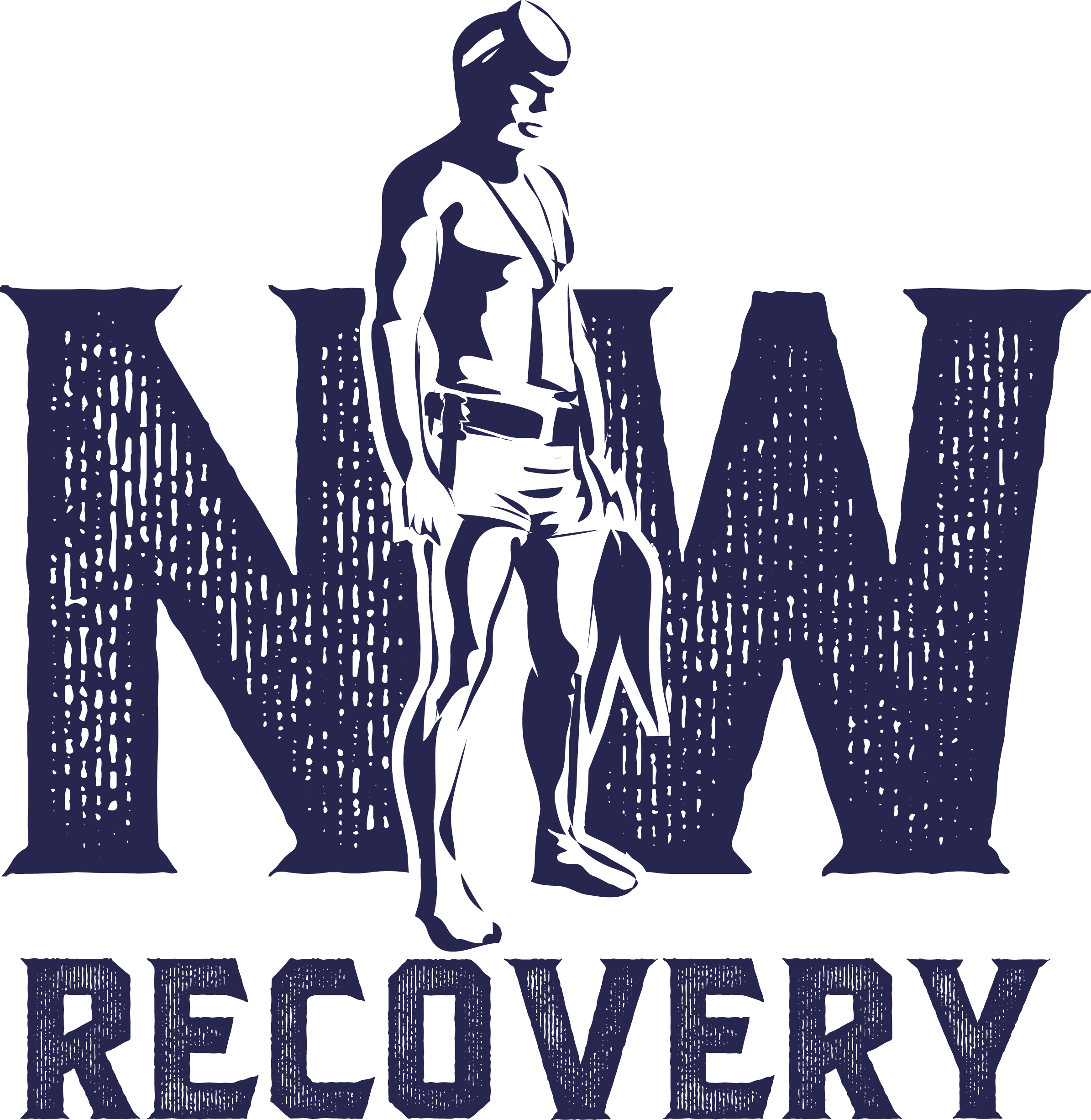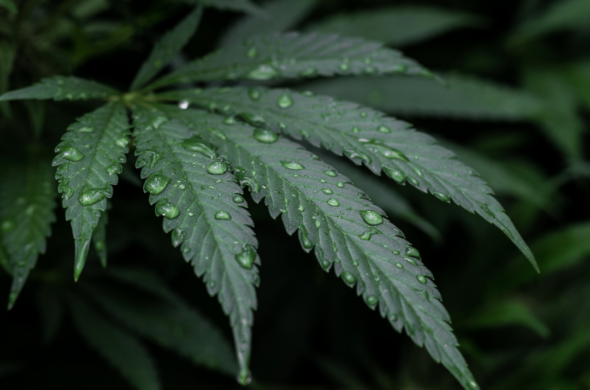The Dangers of Synthetic CBD: Why You Should Stick to Natural Alternatives
In 2017, a poisoning incident attributed to synthetic marijuana left a number of people in Utah critically ill. In Chicago and neighboring regions of Illinois this spring, there were 56 complaints of serious bleeding for which synthetic cannabinoids were thought to be the substance to blame. In what the Illinois Department of Public Health described as “the first time we’ve seen an outbreak of this magnitude in the area,” two of these 56 people died.
Similar incidents were reported in Connecticut last summer, where more than 70 individuals died after overdosing on synthetic marijuana. About 300 synthetic marijuana overdoses occurred in Washington, D.C., over the course of two weeks just a month prior.
Simply put, you should never take CBD oil that is synthetic.
The Crisis of Synthetic Cannabinoids
It’s not unusual to experience negative effects from synthetic cannabis. If you will, you might say that there is an issue with human consumption of synthetic cannabinoids in America. In what has turned into an increasingly common practice, the Centers for Disease Control and Prevention (CDC) have identified multiple cases of synthetic cannabis poisoning across the nation.
The Food and Drug Administration (FDA) issued a statement in July 2018 alerting the public to the “significant health risks of contaminated illegal synthetic cannabinoid products” and connecting their use to “severe illnesses and deaths” in several cases over the previous few months in different states across the nation.
One type of artificial cannabinoid is made to resemble the effects of marijuana. People who want to get high but can’t have any THC in their system for any reason now have a good option that won’t show up on a drug test.
However, the poison outbreaks that occurred in Utah last winter were a little different. The people who got sick didn’t buy the synthetic cannabinoid known as “K2” or “Spice.” They purchased what they thought was CBD. They ended up in the emergency department rather than enjoying the health advantages of non-psychoactive cannabis.
Know the Risks Associated with Synthetic Cannabinoids
In the U.S., synthetic cannabinoids first became commercially available in 2008, and since then, their use has exploded all throughout the nation. Synthetic cannabinoids, however, are very, very harmful since they are not the same as cannabinoids that are derived from the natural plant.
According to the CDC, the majority of synthetic cannabinoids are prohibited by federal law. Manufacturers of synthetic cannabinoids change the chemical makeup in order to circumvent this problem, creating new and “presumably legal” substances.
It is challenging to keep track of the chemicals used in synthetic cannabinoids since producers are continually altering their chemical makeup to remain “legal.” Products using synthetic cannabinoids may contain ingredients that have the potential to have very different effects from what the user was looking for because the chemical makeup of many synthetic cannabinoids is unknown and continually changing.
In the instance of overdoses reported in Illinois, brodifacoum, a rat poison frequently available in hardware shops that is a known anticoagulant and has been proven to cause brain damage, was blamed for the serious bleeding in over 50 people and two fatalities. Although this is the first instance of rat poison being discovered in synthetic cannabis products, it is still unclear how it got there.
Research on the precise effects of synthetic cannabis on the body is scant. But it is understood that they are incredibly hazardous. And unlike naturally occurring cannabinoids like THC and CBD, they are also known to be physically and mentally addictive, in addition to having a long list of undesirable side effects.
The CDC lists the following as some of the consequences of synthetic cannabinoids:
- symptoms of the nervous system include irritability, insomnia, lightheadedness, disorientation, trouble focusing, incoordination, stroke, and seizures.
- aggressive behavior, delusions, hallucinations, psychosis, and suicidal thoughts are examples of psychiatric symptoms.
- physical signs include mortality, renal failure, rhabdomyolysis, severe nausea and vomiting, tachypnea, tachycardia, chest discomfort, and heart attack.
Physical and psychological dependence has been observed to form in people who use synthetic cannabis repeatedly over extended periods of time without experiencing a strong reaction the first time they do. Extreme anxiety, headaches, difficulties sleeping, sweating, nausea, and vomiting are among the effects that regular users of synthetic cannabinoids describe. They should expect to experience some very serious withdrawal symptoms, including seizures, a fast heartbeat, trouble breathing, heart palpitations, and chest discomfort, if they stop using them quickly. Depending on how much and how long a person uses, the intensity of withdrawal will vary.
Beware of Synthetic CBD: They’re Not Just Designed to Simulate THC’s Effects
Due to CBD’s rising popularity, new “synthetic” forms of cannabinoids are constantly making their way into goods. While the FDA did approve Epidiolex, a synthetic form of CBD, it’s important to note that this is not the same as the synthetic CBD found on the shelves at your neighborhood smoke shop.
Artificial and synthetic cannabinoids affect everyone Consider the events that occurred in Utah in December. All of the patients who were affected by the poisoning had consumed what they thought to be CBD-infused cannabis oil, and many of them had bought it from a nearby smoke shop. None of the items that patients had used had any CBD when lab testing was done on them. Instead, they were a mixture of artificial chemicals and cannabinoids, including 4-cyano-CUMYL-BUTINACA (4-CCB), a man-made cannabinoid designed to mimic the effects of THC.
Synthetic cannabinoids, like 4-CCB, function on the same cannabinoid receptors as THC, but their effects can be unexpected, severe, or even lethal, according to Roberta Horth, an officer with the CDC’s Epidemic Intelligence Service. According to case-patient reports of 4-CCB adverse effects, they seem more severe than THC. The use of 4-CCB has been linked to fatalities in Europe.
Since then, there haven’t been any cases of synthetic CBD overdoses, but this is a trend that isn’t anticipated to stop anytime soon. With other synthetic cannabinoid drugs, it has been going on for more than ten years, but there aren’t many laws in place for CBD. In essence, anybody can produce synthetic CBD, label it, and sell it as the real thing.
According to a 2017 JAMA study, up to one-third of CBD products purchased online may have inaccurate labels. It’s probable that additional goods will include 4-CCB or other harmful synthetic cannabinoids, according to Horth.
Simply Refuse to Use Synthetic CBD
Synthetic cannabis poses very significant and very real risks. It is not worth the risk of purchasing synthetic CBD. Consider the 52 patients in Utah, 33 of whom required emergency department care and.
There are a ton of fakes out there. The substances they combine and sell as CBD oil have the potential to kill you. If you’re interested in CBD, it’s essential to be sure the items you buy are created with top-grade CBD and have undergone laboratory testing rather than a combination of hazardous substances.


